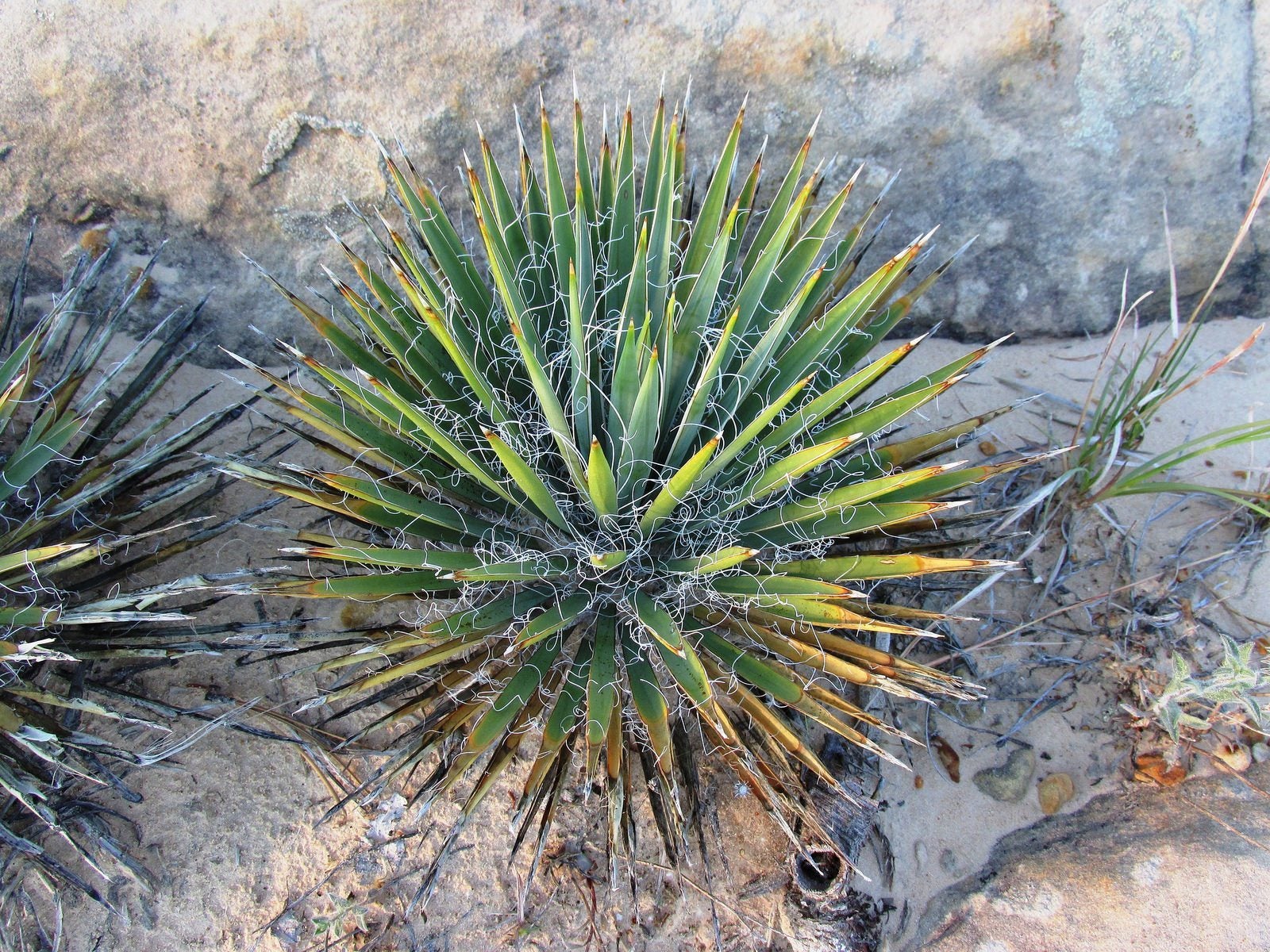Dwarf Yucca Info: Tips For Yucca Nana Plant Care


Yucca is a huge plant, often growing as tall as 10 feet (3 m.) with its flower spike. It’s a pretty plant, but a bit much for smaller gardens and containers. This is why growing dwarf yucca (Yucca harrimaniae x nana) is a great option for many gardeners.
What is a Dwarf Yucca?
Yucca nana is a dwarf variety of this popular desert plant. The full-size species is Yucca harrimaniae. The dwarf yucca is only native to a small area on the border of Utah and Colorado, but its cultivation in gardens is becoming more popular. It looks like the bigger variety, but grows much smaller, about one foot (31 cm.) tall and wide, and it produces the same impressive spike of creamy white flowers.
How to Grow a Dwarf Yucca
Dwarf yucca info on growing habitat and care is similar to that for regular sized yucca. Like the big yucca, this dwarf plant tolerates heat and drought and thrives in full sun. To start growing it in your garden, first make sure you have the right climate, soil, and location. Yucca nana is hardy and grows well in USDA zones 5 through 9, which covers a large swath of the U.S., only leaving out the upper Midwest and northern parts of New England. Your dwarf yucca will need full sun, so pick out a sunny spot or choose a container that you can move as needed to get your plant all the sun it needs. For soil, this plant needs a spot that is loose and lean and that drains well so it can stay dry. Yucca nana plant care is easy once established, but until then, water regularly. After the first growing season, your dwarf yucca should be well established and will not require watering or much other care. You can fertilize it once in the spring if you choose. Dwarf yucca is a striking plant and is easy to grow in the right conditions. It looks especially good in clumps with multiple plants, in rock gardens, and in containers with rocks and decorative stones.
Gardening tips, videos, info and more delivered right to your inbox!
Sign up for the Gardening Know How newsletter today and receive a free copy of our e-book "How to Grow Delicious Tomatoes".

Mary Ellen Ellis has been gardening for over 20 years. With degrees in Chemistry and Biology, Mary Ellen's specialties are flowers, native plants, and herbs.
-
 Looking For Plants To Give You The Soft And Fuzzies? Try These 5 Fuzzy Leaf Plant Options
Looking For Plants To Give You The Soft And Fuzzies? Try These 5 Fuzzy Leaf Plant OptionsLovers of texture, drama, silver foliage and tactile plants will adore these special sensory garden additions. These fuzzy leaf plant options will leave you all aglow
By Susan Albert
-
 Get Ready For A Summer Of Hummers! Grow These Full Sun Hummingbird Plants and Flowers
Get Ready For A Summer Of Hummers! Grow These Full Sun Hummingbird Plants and FlowersIf you’re lucky enough to enjoy a sunny backyard, make sure you are maxing out on your pollinator opportunities and grow these full sun hummingbird plants and flowers
By Tonya Barnett